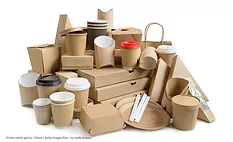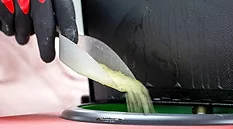

Converting/Packaging
Fahroni (iStock / Getty Images Plus)
News and features detailing topics such as heat-seal polymers, tapes, labels, hot melts, and labeling and application.
Articles
More ArticlesBlog Posts
See MoreKeep the info flowing with our newsletters!
Get the latest industry updates tailored your way.
JOIN TODAY!Copyright ©2026. All Rights Reserved BNP Media.
Design, CMS, Hosting & Web Development :: ePublishing



